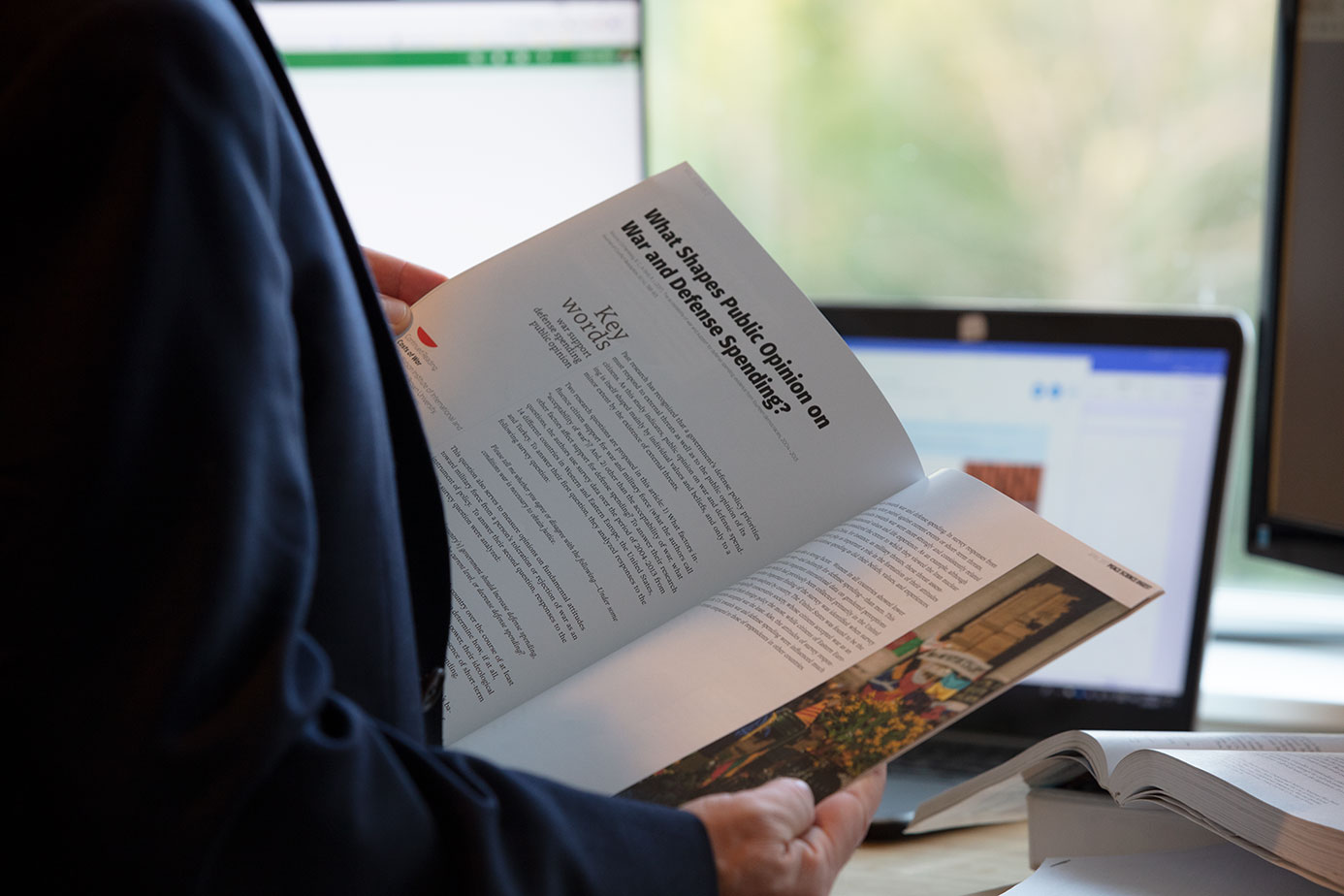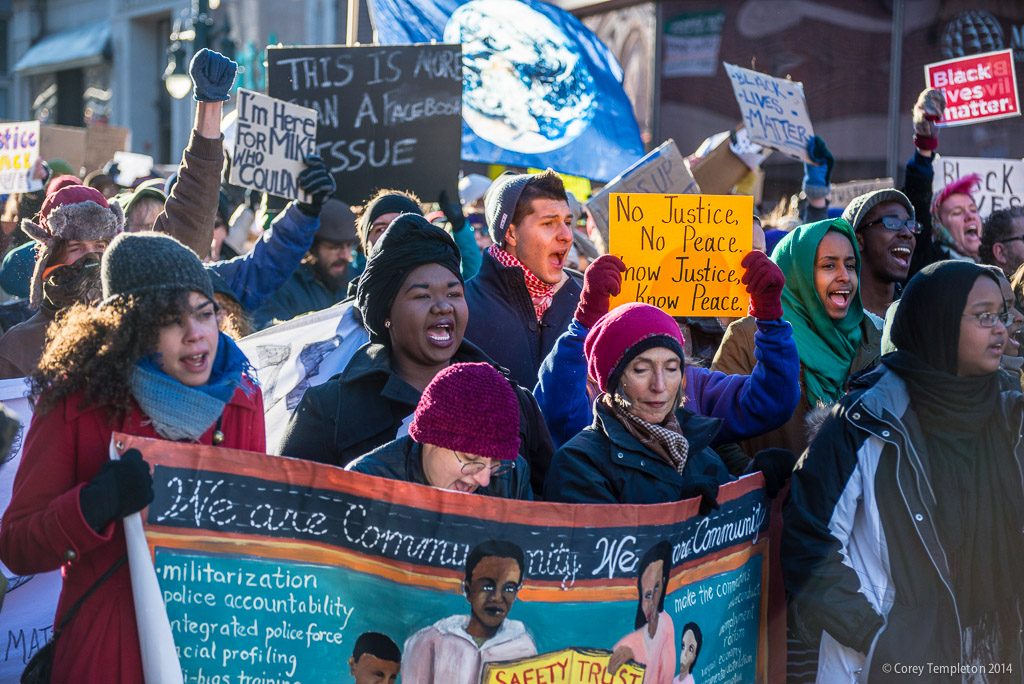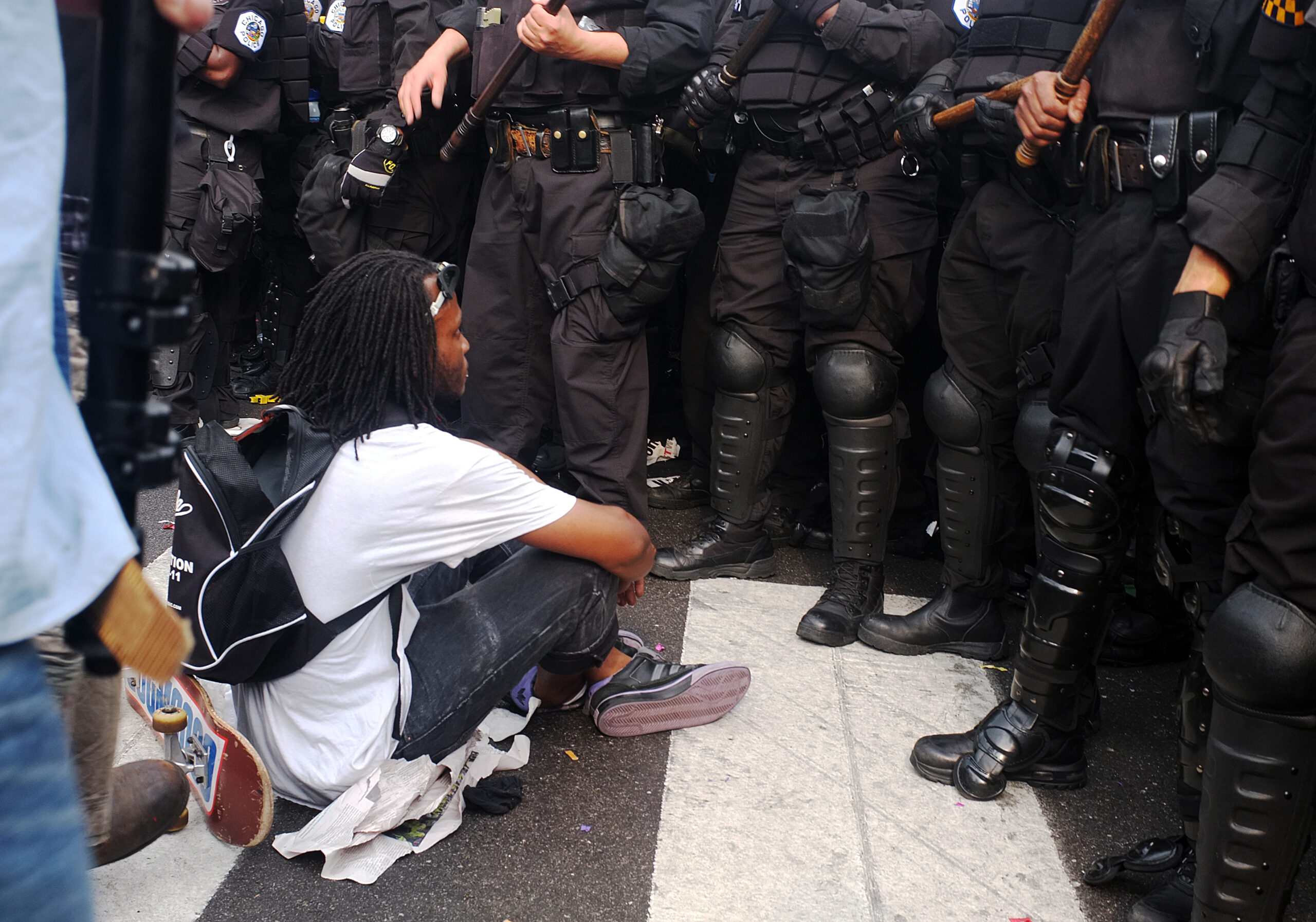
Limiting State Violence and Activist Violence in Nonviolent Resistance Struggles
Limiting both state violence and activist violence in the context of a civil resistance struggle is important to movement success.
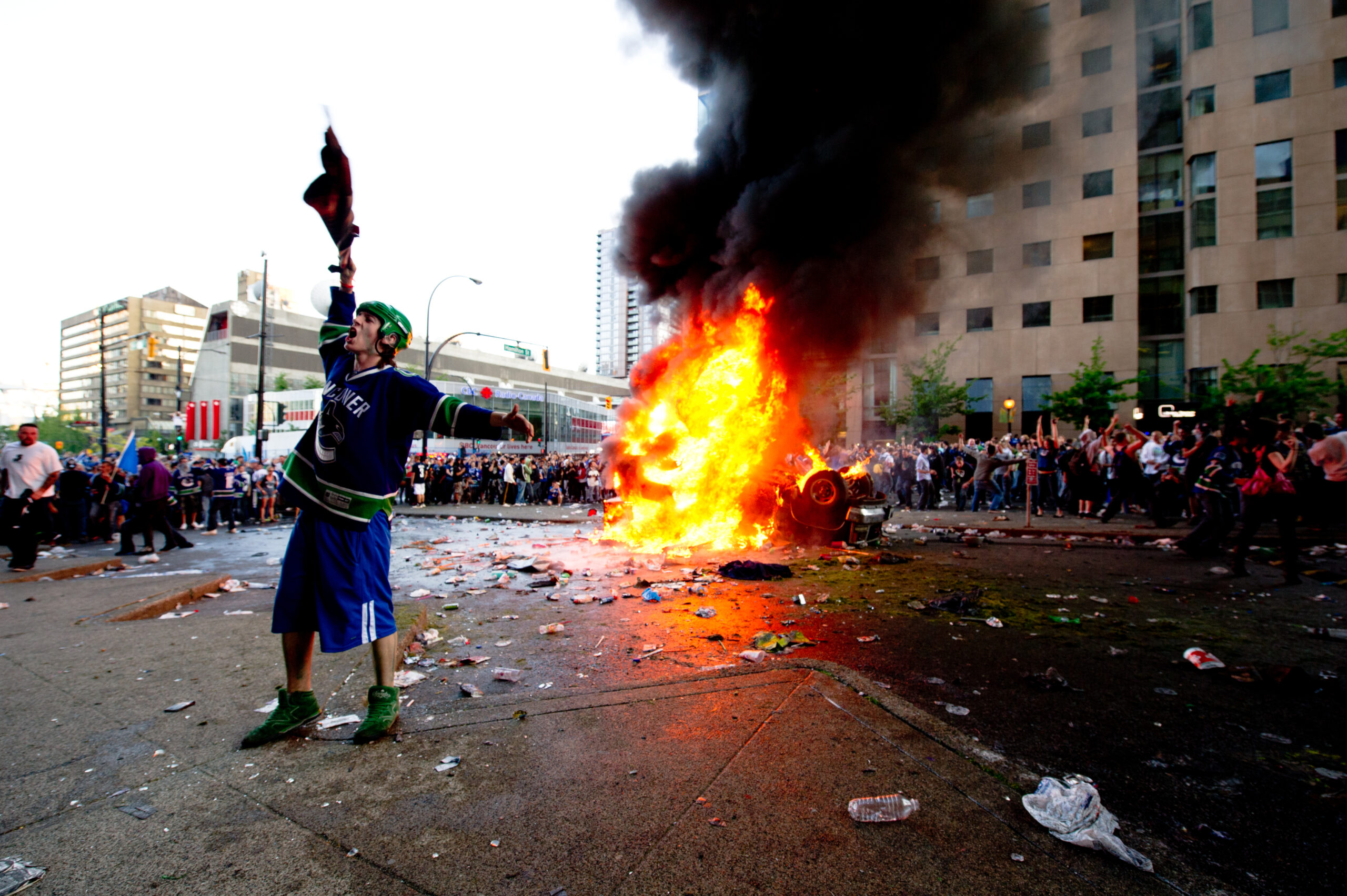
Movement Violence Can Lead to a Decline in Public Support
In Barcelona, a four-day-long riot associated with 15-M led to an overall 12-point decline in public support for the movement.
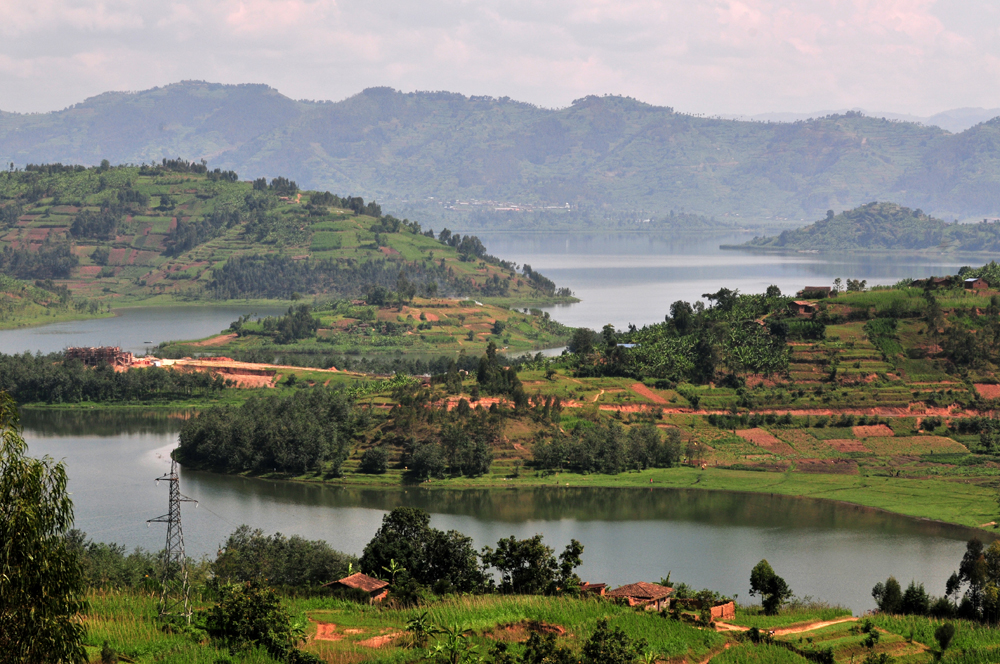
Masculinities, Militarization, and Myth-Making in Post-Genocide Rwanda
Certain gendered myths—like the “gentleman soldier” and “women as peacebuilders”—were used by the Rwandan Defense Forces to re-assert traditional gender roles.

Barriers to Peace for Women in Nepal and Bosnia
Women find innovative ways to build peace in their daily lives, significantly supplementing formal peacebuilding initiatives.
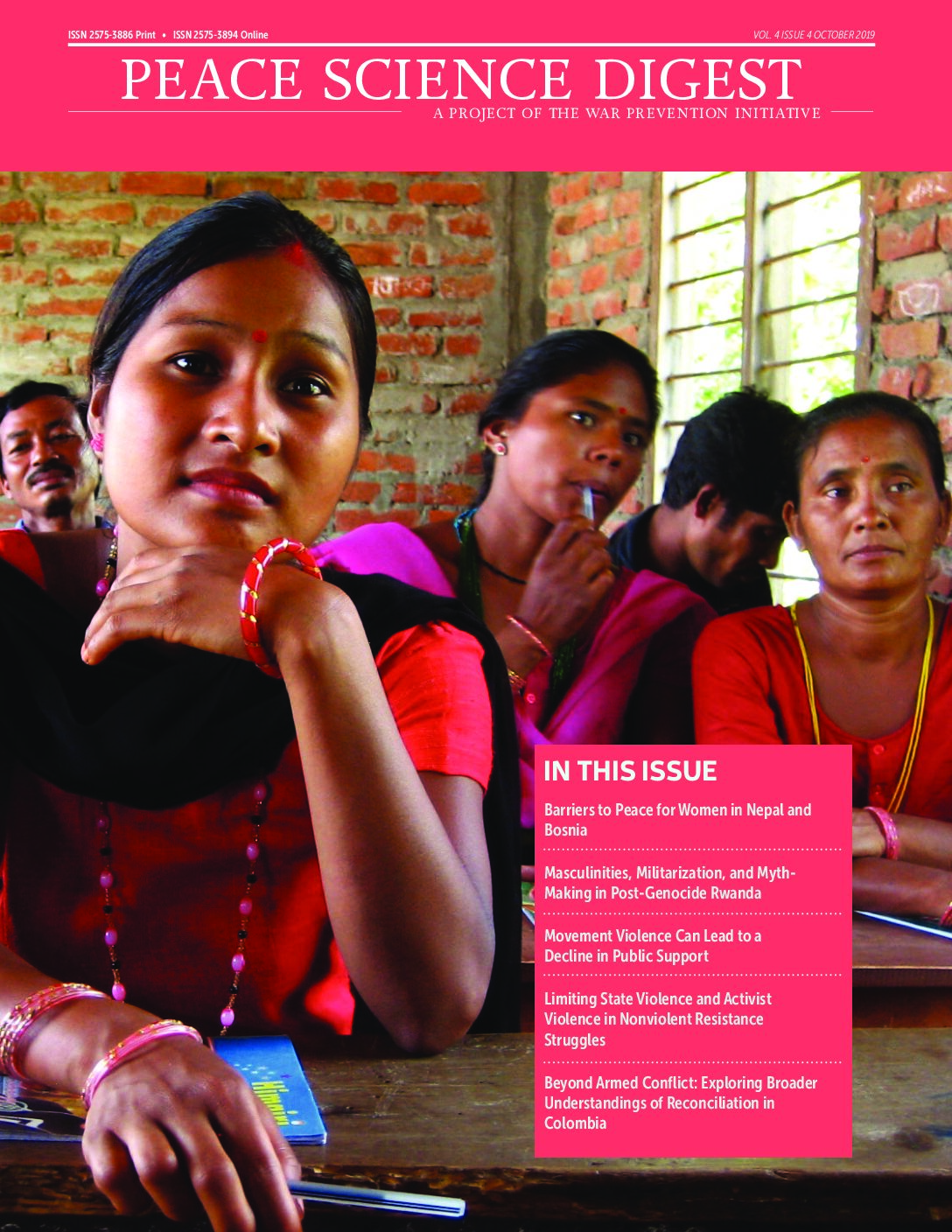
Volume 4, Issue 4
Nearly all nonviolent resistance movements face a common challenge—the temptation to turn to violence, whether among those within the movement or on the part of the government whose policies or behaviors may be the target of the resistance movement.
Refugee Resettlement as a Form of Transnational Peacebuilding
Liberian refugees in Canada reported being involved in peacebuilding in Liberia primarily through remittances, but smaller numbers reported involvement through the transfer of social capital and engagement in the Canadian political process.
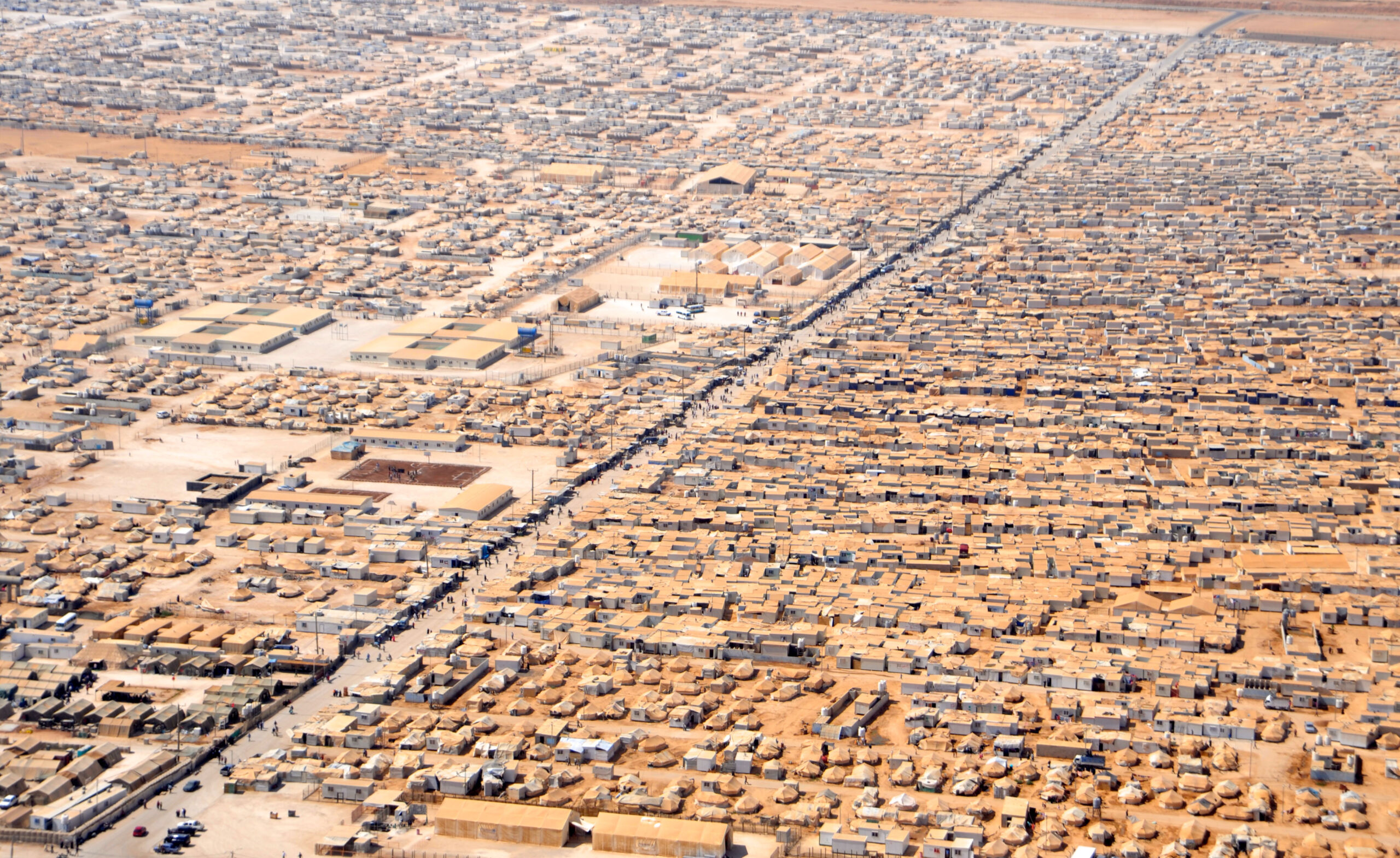
Challenges to Integrating Refugees into the Formal Economy in Jordan
The Jordan Compact is a work program for Syrian refugees created by the Government of Jordan and numerous international partners that frames refugees not just as “objects of humanitarian care” but as “unused human capital, which can be made productive.”
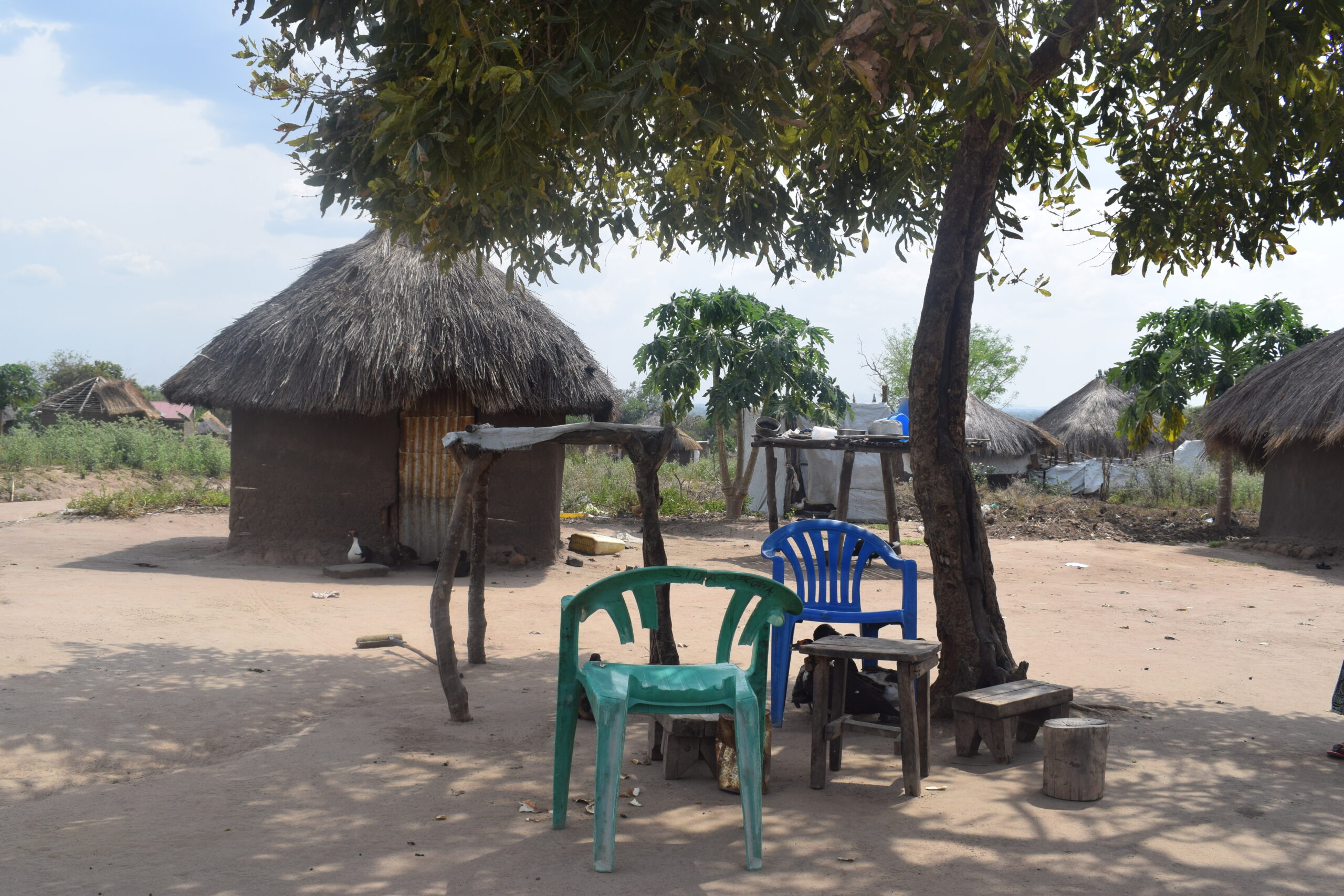
What Makes Some Refugees More Likely to be Approached for Armed Group Recruitment?
Refugees who exhibited a greater degree of relative economic deprivation, who knew someone who had been recruited into an armed group, or who had previous combat experience were more likely than others to be approached for recruitment into armed groups.
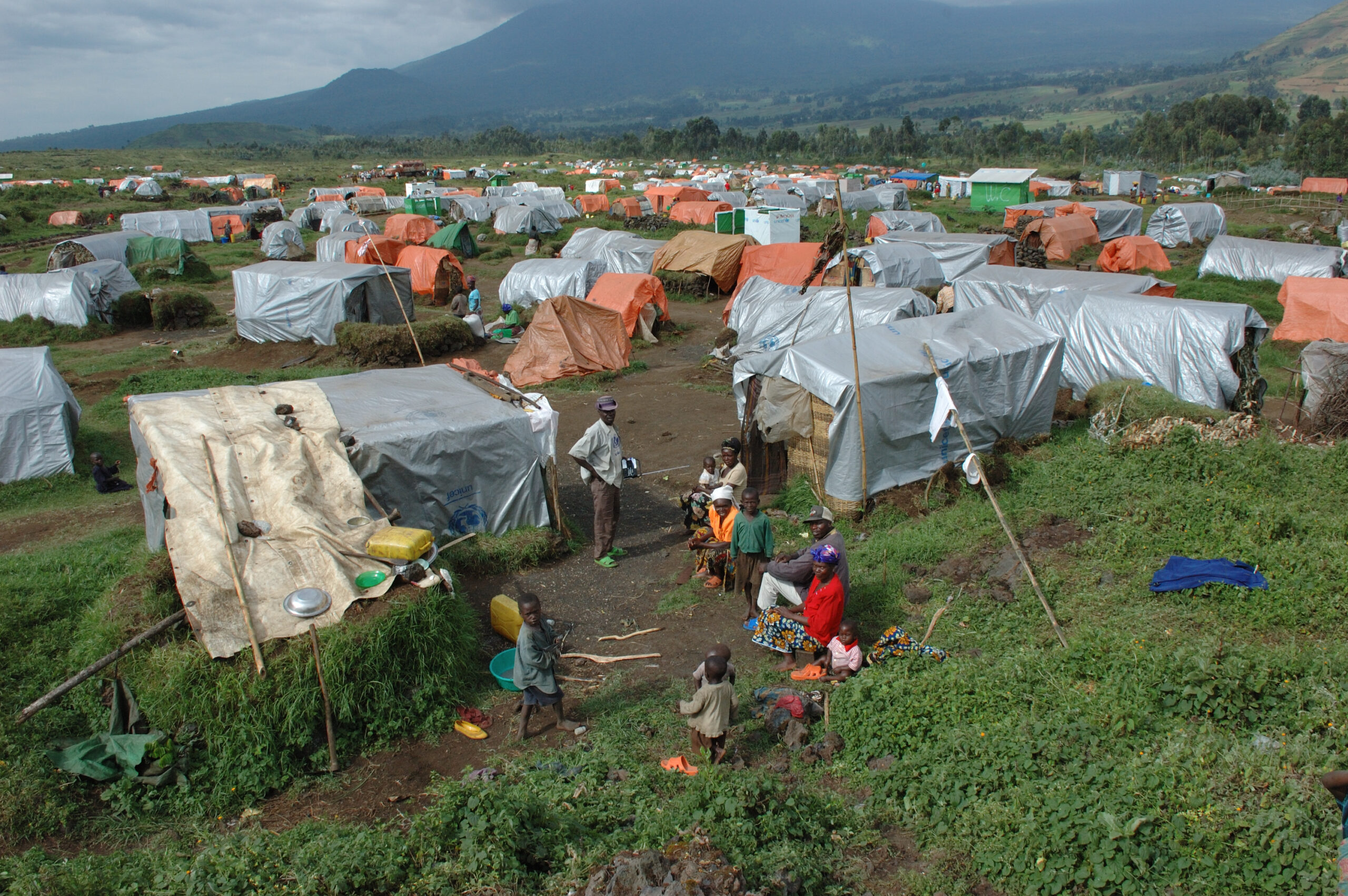
The Refugee Crisis and Seeing the World Through the Eyes of Others
Local people take perspectives on refugees by 1) imagining themselves as the foreign “other” or in the refugee situation or 2) making assumptions about the foreign “other” or the refugee situation.
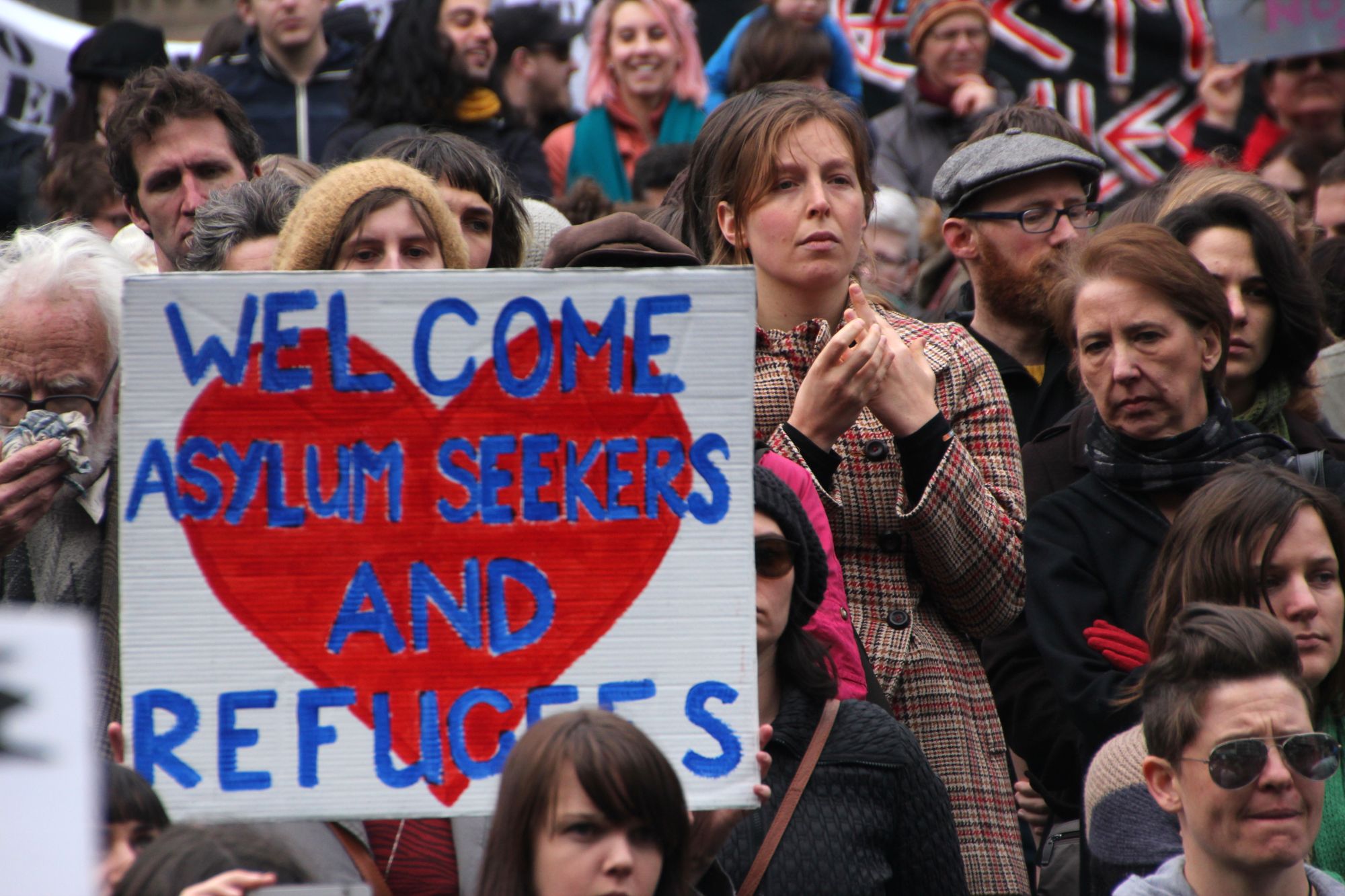
The Importance of Contact Between Refugees and Host Communities
Contact with refugees is associated with a 50% increase in one’s likelihood to strongly support the country’s hosting of refugees and a doubling of one’s likelihood to be willing to hire or to allow one’s children to marry refugees compared to someone who does not have such contact.
Blaming and Targeting Refugees in the Wake of Terrorist Attacks
Prevalent governmental violence against refugees is 47% more likely in the wake of a terrorist attack, and it is probable that this violence is a form of scapegoating against refugee communities rather than a direct means to greater security.
